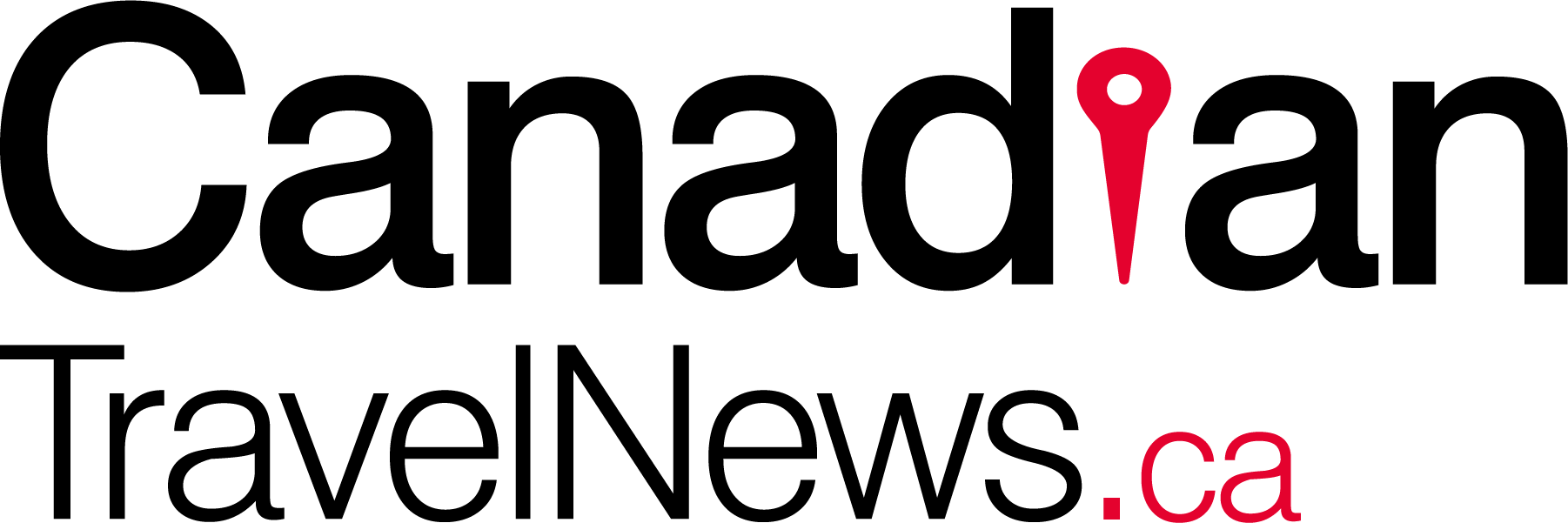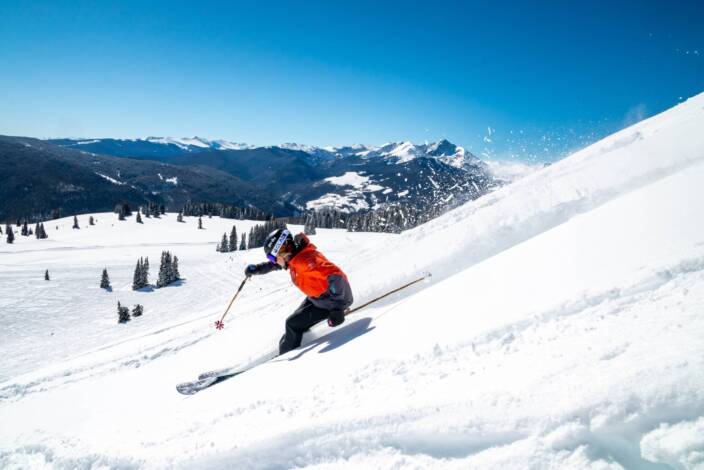
When COVID Is About More Than Travel: Why We Should All Be Mad
January 25, 2021 Marsha Mowers
We were better prepared for a catastrophe at the 2010 Vancouver Olympic Winter Games than we were a pandemic.
I hadn’t really thought about that until I read an article in the Calgary Herald about Emergency Management expert David Redman, a retired Lieutenant-Colonel with 27 years of experience in the Canadian Armed Forces and the former head of Alberta’s Emergency Management Agency. Redman says the COVID pandemic isn’t a health emergency, it’s a public emergency, and doctors should not have been leading this emergency management.
Why the Olympics connection?
I’ve worked in public relations for more than twenty years have been involved in the development of many crisis communication plans. By far the biggest, most significant one was at the Vancouver Olympics where we had an 80,000 sq ft venue that was home to Hockey Canada, the International Ice Hockey Federation (IIHF) and thousands of fans. One of the tasks the Operations Team had to do was to create an emergency plan. What if we were bombed like Atlanta was? What if there was a case of mass food poisoning? What if there was a fire?
And, I joke but it was serious – if something catastrophic happens, how do we ensure Sidney Crosby and Wayne Gretzky are safe?
I wasn’t responsible for creating the specifics of the logistics of the emergency plan, only directly assisting with the public-facing communications portion. But I knew which hospitals were on alert, what the chain of command was, who to contact to speak to the press, who to call at Hockey Canada, the NHLPA and the IIHF etc. Thankfully we never had to implement the plan, but we were prepared.
Back in March 2020, when the pandemic first started, we knew Ontario was in for trouble. Projections made then estimated 80,000 cases and up to 15,000 deaths, with ICUs running out of beds in just 37 days. There was talk of auto manufacturers retooling their equipment to help produce ventilators.
Hospitals were already operating at a 90-95% capacity, pointed out by Dr. Anand Kumar, a critical-care doctor at Winnipeg Health Sciences Centre who was part of the Critical Care – Infectious Diseases Network, Canada during H1N1 in 2009. In a CBC article, he said, “This is a really risky situation, and we need to be prepared for exactly the kind of predictions that this group is suggesting.”
Ontario’s Associate Medical Officer of Health Dr. Barbara Yaffe shrugged off those predictions, saying “At the end of the day they are modelling, and that may or may not reflect what happens.”
The writing was on the wall.
What happened to that preparation? Or did all levels of government simply give projections and never actually create enough measures to help COVID patients?
This seeming lack of preparation and “flying by the seat of our pants” attitude also showed up on the final day of 2020. Former Minister of Transport Marc Garneau chose New Year’s Eve at 5 pm ET to announce new travel restrictions for entering Canada, leaving many in destination scrambling to get tests in places that weren’t equipped to handle the sudden influx.
Any experienced PR person knows that if you need to announce something that you don’t want a big reaction from the press, you do it on a Friday night, a holiday weekend or, you guessed it – New Year’s Eve.
Now, nearly one year later into the pandemic, Canada’s Prime Minister Justin Trudeau is telling Canadians to cancel any trips they had planned for the spring and to stay home. Just “hang in a little longer”.
The thing is, it’s against our constitutional rights for the government to flat out ban travel, although the courts might allow Trudeau to issue a ban under the Federal Emergencies Act. It looks like they’re simply trying to make travel so difficult that we’ll all just give up and stay home. One could argue that’s just as bad as a ban.
Travel is responsible for only 2% of cases and our industry is getting a lot of the blame. There have been many misleading stories written about coronavirus cases coming into Canada by plane. If you check the flights that have been mentioned, many of them are cargo flights; not passenger planes. Those cargo planes will be coming into Canada as essential traffic no matter what rules the government places on passenger traffic.
Our government has let down travel agents and our industry by not standing up for us when it’s most needed. There has been no bailout, no help for agents who have had to pay back commissions. In Ontario, we’re still fighting for paid COVID sick leave for god’s sake and losing local businesses.
It’s like Canadians are all bleeding badly and are being given a band-aid and a “there, there” with a pat on the head.
We all should really be livid.
About the Author

Marsha Mowers made the move to editorial side of travel after many years working in destination marketing where she represented places such as NYC and Las Vegas. Her experience on “both sides” of the industry has put her in a unique position to provide valuable context to both readers and trade partners. Marsha also serves as Director of Content for TravelPulse Canada














